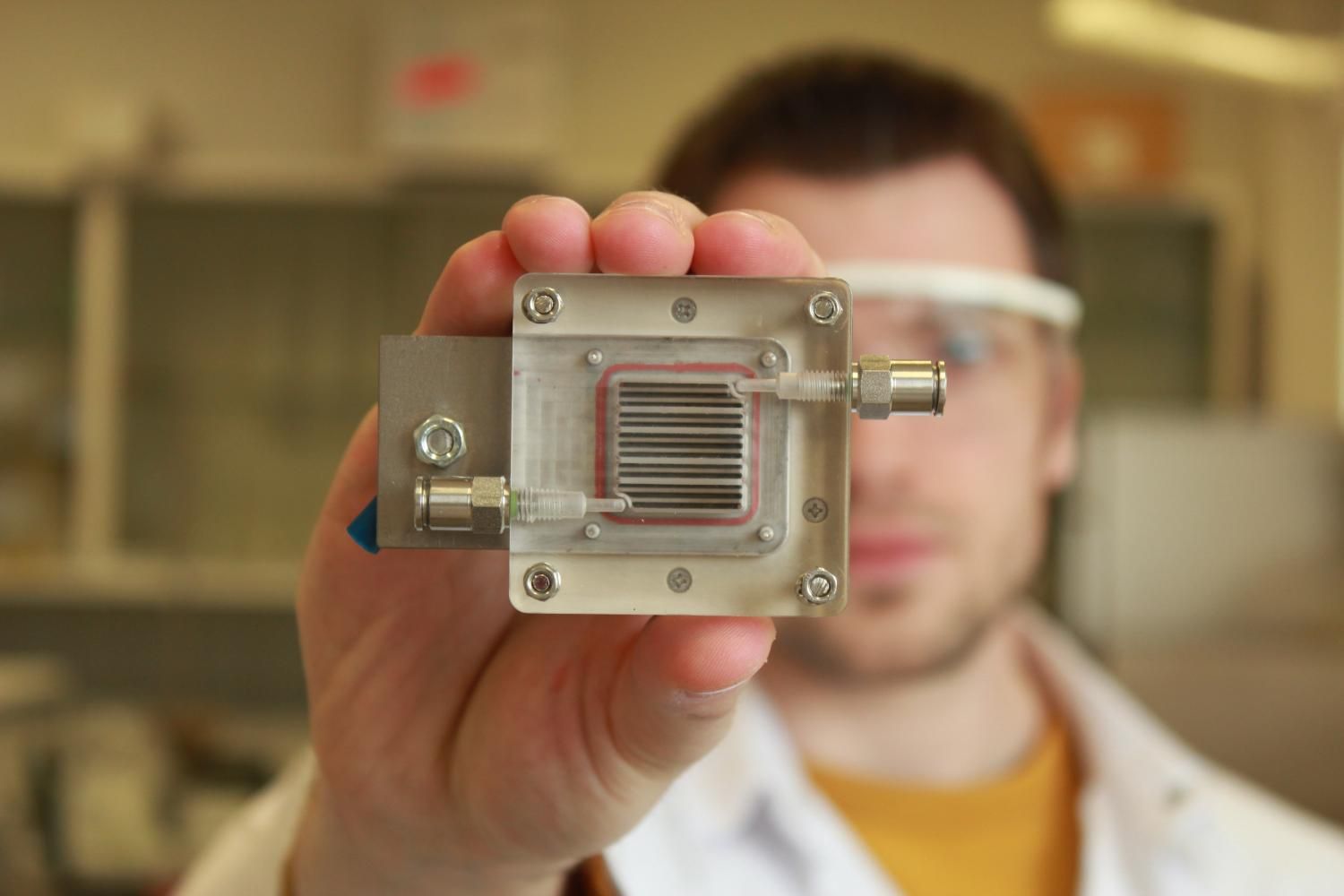If we want to find extra dimensions lurking within our Universe — something that string theory attempts to explain — gravitational waves could be our key to locating them, physicists suggest.
This new hypothesis seeks to answer the long-standing mystery of why gravity appears to be weaker than the other fundamental forces in our Universe, by proposing that it’s actually ‘leaking out’ into extra dimensions we’re yet to detect.
“Extra dimensions have been discussed for a long time from different points of view,” Emilian Dudas from the École Polytechnique in France, who wasn’t involved in the study, told Leah Crane at New Scientist.





